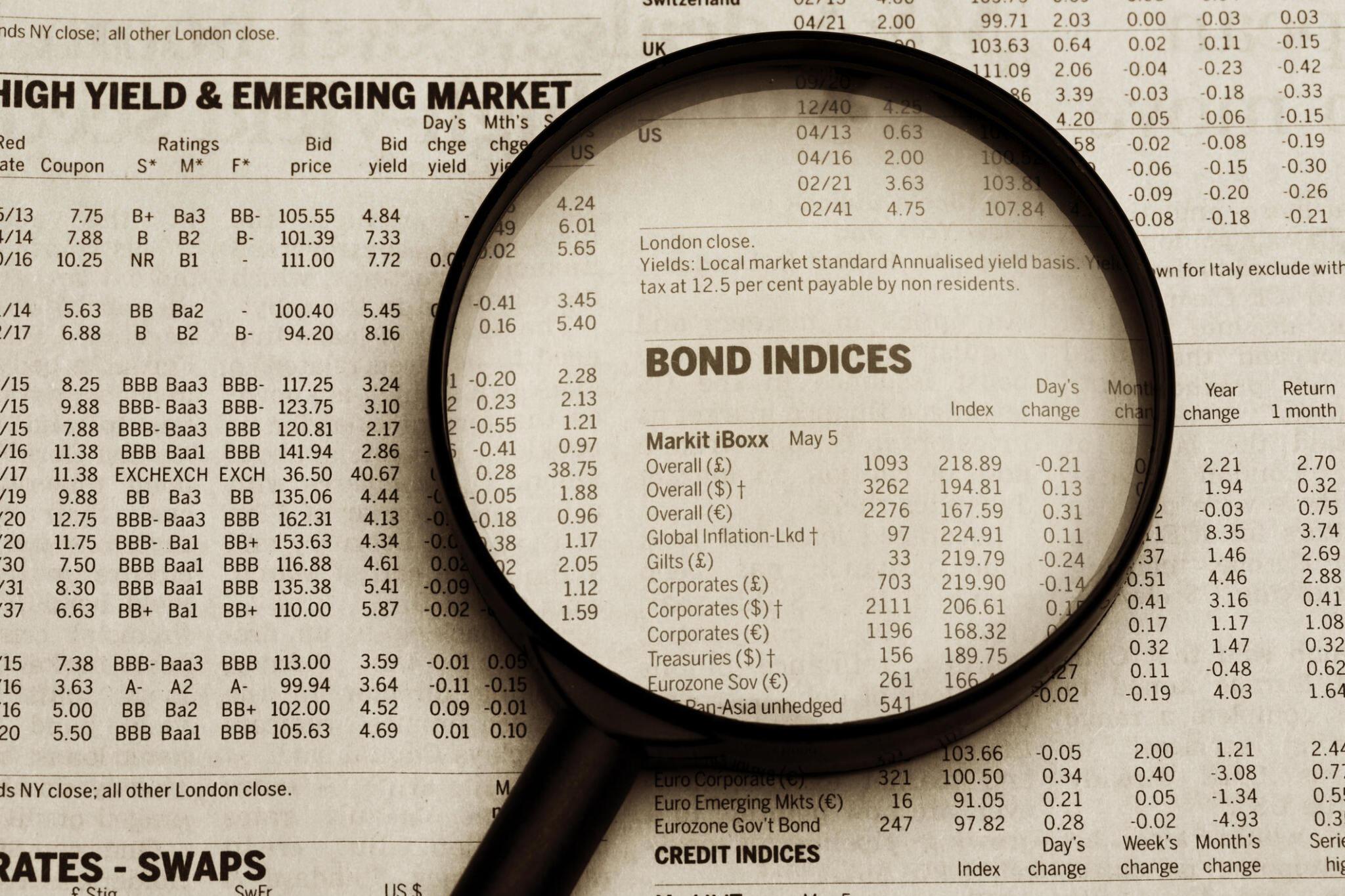
Traders anticipate whether the values of indices will decline or rise, and they decide on selling or buying stock indices. The indices are the stock performance. Therefore, when trading on indices, you won’t be trading on the actual stocks but on the performance of specific stocks. Stock indices differ, with some measuring fewer stocks while others measure a large number of stocks, usually in thousands.
Following the online trends, you have heard about indices but are unsure how to trade using them. This article will guide you on five things to know before venturing into trading indices.

1. Indices in the Stock Market
As mentioned earlier, indices measure the performance of a specific group of stocks. For instance, the NASDAQ 100 index tracks the performance of 100 tech companies in the United States. The benchmark of these indices shows the performance of the given stock market, and a shift in the benchmark value shows the market’s trend. Beginners in the financial market are usually interested in trading indices; they engage in indizes handel rather than buying and selling actual company stocks. The tracking of these stock performances is used to reflect the overall state of that market. You can trade with many indexes; below is a list of the popular indices:
- S&P 500 index includes a track of 500 large companies recorded on the United States Stock exchange. The index is also referred to as the US 500 and reflects the strength of United States stocks.
- DJIA index tracks the trend of 30 large companies in the United States, including Dow and Intel. The index is among the oldest and most tracked indices that measure the United State’s economic status.
- FTSE 100 index measures London stock exchange’s recorded biggest 100 companies. The index reflects the strength of the UK’s economy.
- Russell 2000 indices are used to track smaller stock markets in the US

2. Benefits of Trading Indices
Trading stock indices can be a good investment plan for beginners. You will get wider exposure to the stock market when trading with indices. Trading indices allow you to track your specific index’s trend and movement without owning any stock. The liquidity of indices is very high; this offers investors a very narrow spread making the index fairly safe. Indices allow investors to speculate on the index’s price rising or declining. The speculation leads to a wider opportunity range as investors can benefit from the upward and downward movement of the stock market.

The other benefit of indices is that they cannot go bankrupt. This creates confidence in investors because they are assured of the safety of their investment by providing lower risks. You can start trading even with little investment capital since the brokerage charges are not included in the index trading. Finally, trading indices can be a significant method for you to hedge your portfolio risk.
3. What Influences the Prices of Indices?
Various factors can influence the prices of indices. Some of the primary drivers of indices prices include:
- Economic data – The stock indices and the economy are greatly connected. Therefore any data on the economy, like the rate of unemployment, inflation rate, and treasury yields, can influence the prices of indices. Positive economic data increases the indices’ prices, while unfavorable economic data tends to lower the prices of indices.
- Politics – Elections and political instability can affect the pricing of indices. Investors don’t like uncertainty. Therefore any political event that enhances uncertainty is usually not favorable to investors. Mostly this uncertainty reduces the prices of indices. Positive political influence like the reduction of taxes increases indices’ prices.
- Currency movements – the currency movement affects the stock prices, influencing the indices prices. A perfect example is the FTSE 100, which tracks companies that create their revenue internationally, so currency swings impact the prices of the index. If the pound’s value weakens, the FTSE 100 index will rise.
4. How to Trade Indices
There are several methods of trading indices, but the most popular one is the Contracts For Difference (CFDs). CFDs offer investors a chance to profit from the shift in security price without owning any actual security. CFDs are easily accessible; you require a trading platform or account with a broker that provides CFDs services. The advantage of trading through CFDs is the potential profitability from both the rise and decline of the stock market. CFDs do not charge any transaction fees. The only charges associated with CFDs are the ‘spread’ between indices’ selling and buying prices.

5. Trading Strategies
Before you begin trading on stock indices, you must familiarize yourself with the trading strategies. There are many trading strategies for you, but this piece will mention the main strategies. Below are the three main strategies available for you:
- Trend trading
This trading is mainly done on the weekly charts. The strategy utilizes analysis tools that identify trends of indices when they move in a specific direction for an extended period. According to these indicators, the price of the indices is expected to move in the given trend. Therefore, investors can buy and sell indices accordingly.
- Breakout trading
This strategy speculates the indices’ prices based on their ability to break through the support and resistance stages. The highest level the stock market reaches within the starting hour is the day’s resistance level. You can trade with any entry above the resistance level, and if the market moves above it, the chance is that it will continue to increase the entire day.
- Short-term price action
The strategy focuses on simple repetitive patterns throughout the stock market. The pattern of the chart is essential for short-term trading strategy.
The Bottom Line
Indices trading is an effective way for beginners in the financial sector to trade with. There are a variety of stock indices worldwide that beginners can choose from. The critical thing to consider before trading indices is how well you understand the stock market. Trading indices will assist you in reducing the risk in the stock market by trading a wide range of stocks under a single index.






I’ve been visiting this site for years, and it never fails to impress me with its fresh perspectives and wealth of knowledge. The attention to detail and commitment to quality is evident. This is a true asset for anyone seeking to learn and grow.